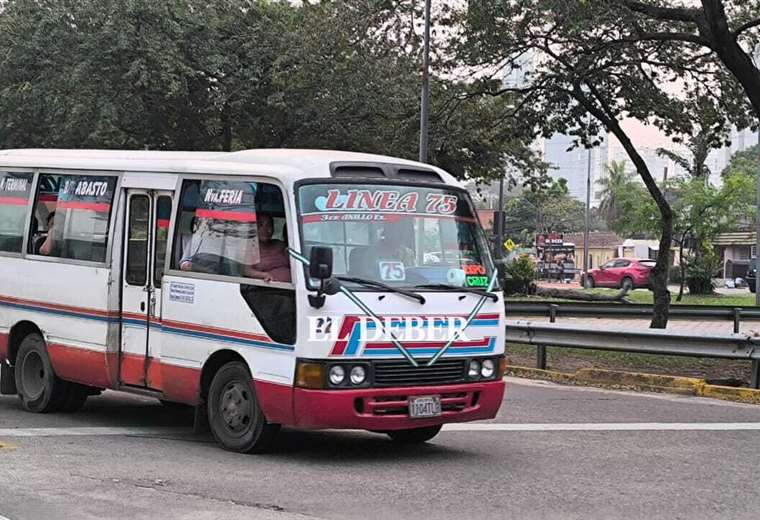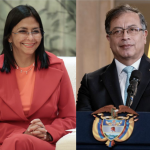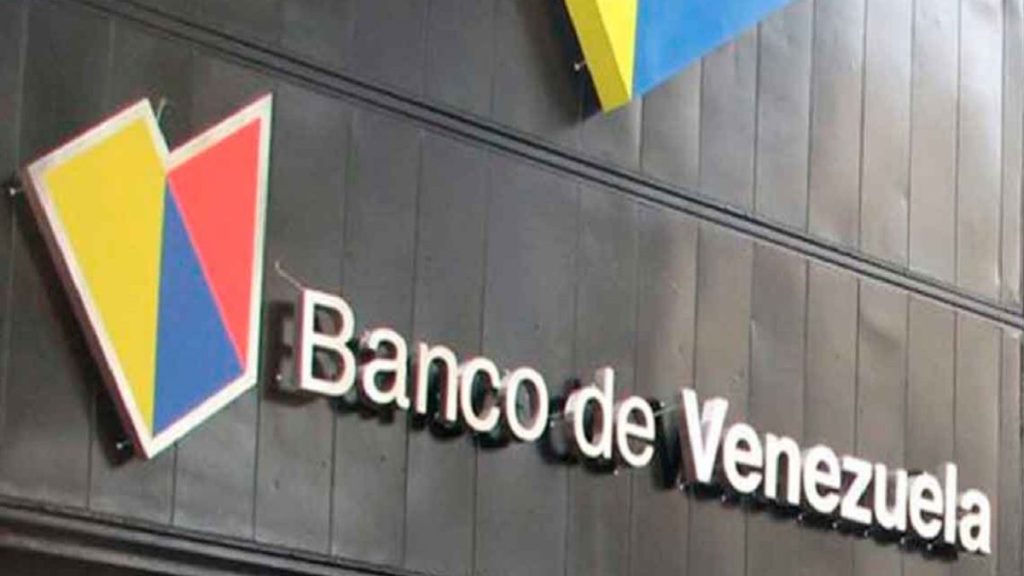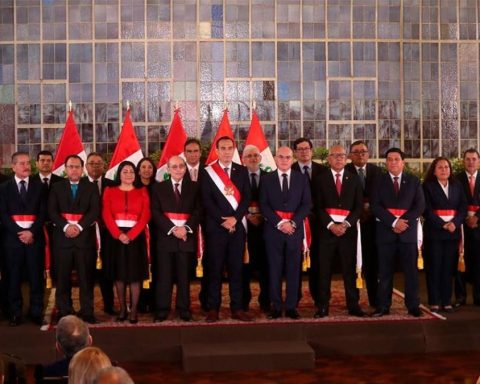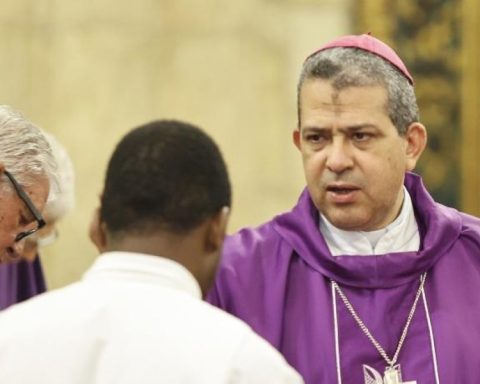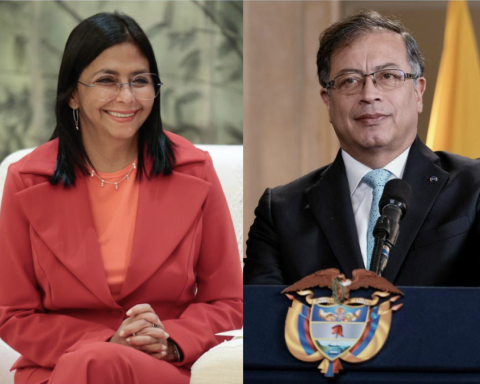September 18, 2024, 7:20 PM
September 18, 2024, 7:20 PM
The decision to raise the normal fare, taken by urban transport, has unleashed a wave of criticism among the population. The representative of the microbus drivers, Segundo Ricalde, announced the increase in the fare from Bs 2 to Bs 3 starting on September 21. He did so in a particular way since he considers that this increase responds to a “solidarity rate, taking into account that the cost study showed another figure higher than that (Bs 3.70)”.
But do bus drivers or public transport unions have the power to modify the price of the ticket?
Constitutional lawyer and municipal expert José Luis Santistevan has no doubts. The competition to set the tariff passages within the municipal urban radius “corresponds exclusively to the municipal councils, in accordance with the CPE and the national transportation law 165″.
That is to say, the decision announced by Ricalde is outside the law and, if he persists with the idea, “he could be subject to fines and criminal proceedings. They could lose your route and line permits“, warns the vice president of the Municipal Council, José Antonio Alberti.
Lawyer and councillor agree on the process that must be followed before determining rates. “The procedure begins in the municipal executive,” Santistevan explains. “A consultancy firm is being invited to tender to carry out technical studies that will be analysed in technical meetings,” Alberti adds.
The technical tables propose the various rates for urban public transport. In addition to the transport sector, represented by both micro-drivers and vehicle owners, the participation of residents and students is considered. It is completed with the presence of public and private institutions.
Alberti highlights the work of the technical tables in the search for “an equilibrium tariff”, which will be sent to the City Council for evaluation. In other words, the Council has the final say in approving or rejecting the agreed rates.
The councillor for the Autonomous Community believes that the decision on urban transport represents an “attack on the average citizen. It is a very sensitive rate for people’s economy. and if the increase is an abusive act that violates the norm,” he alleges.
Remember a JICA study on urban mobility in the metropolitan region that highlights the use of public transport by 7 out of 10 people.
Santistevan highlights the ““elements that must be considered in an integral manner” to stipulate a fare. The aspects that must be assessed include “the comprehensive plan for the provision of the service, the manner of providing the service, the routes, the conditions of the vehicles, service costs to establish the fare, among other factors,” lists the lawyer.
Finally, both agree in highlighting the competence of the Municipal Government to regulate public transport in the city. Acting outside of this regulation would leave micro-drivers outside the law.
